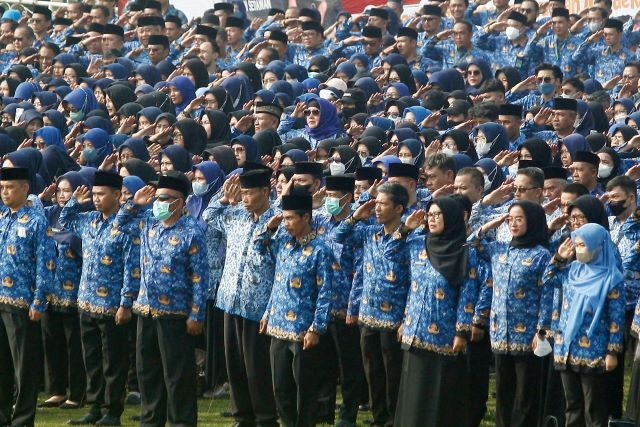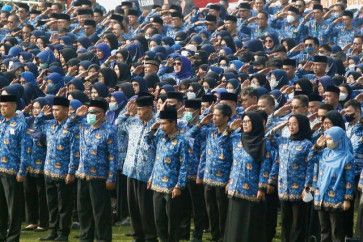Popular Reads
Top Results
Can't find what you're looking for?
View all search resultsPopular Reads
Top Results
Can't find what you're looking for?
View all search resultsGovernance challenges in implementing Prabowo’s vision
The current planning process lacks sufficient cross-sectoral coordination, leaving development programs fragmented, not only across ministries but also within different units of the same ministry.
Change text size
Gift Premium Articles
to Anyone
P
resident Prabowo Subianto has set Asta Cita (eight missions) as his administration’s vision for national development over the next five years. This mission is the foundation of the National Medium-Term Development Plan (RPJMN) 2025-2029, to be formalized through a presidential regulation.
According to the initial RPJMN draft, the government has outlined 17 priority programs, eight quick-win programs, eight national priorities and seven regional development initiatives. While the Asta Cita mission is ambitious and well-intended, ensuring its successful implementation over the next five years presents considerable challenges.
Reflecting on the past decade under former president Joko “Jokowi” Widodo, whose administration was guided by the Nawa Cita mission, governance issues emerged as the primary roadblock to achieving national development targets. As noted by the national development planning minister in a hearing at the legislature on Nov. 4, 2024, by the end of the RPJMN 2020-2024 period, only five out of 19 national development indicators were fully achieved, a mere 26.31 percent.
Several key factors contributed to these shortcomings, including overly ambitious target-setting, an excessive number of priority programs that diluted focus, limited development funding and weak governance across planning, execution, monitoring and evaluation. This article focuses specifically on two governance challenges in implementing Asta Cita, namely performance management of the program and multilevel governance issues.
Governance is a crucial enabler of effective national development programs and public service delivery. However, despite various reform efforts, Indonesia has yet to fully establish a robust governance framework.
According to the 2023 Worldwide Governance Indicators (WGI) published by the World Bank, Indonesia’s government effectiveness score stands at 69.81, an improvement from 49.7 in 2013. Although this marks significant progress, Indonesia still lags behind Malaysia (79.72) and Singapore (100), while ranking above Thailand (58.49), the Philippines (58.02) and Vietnam (56.13). This improvement is largely attributable to ongoing bureaucratic reform efforts.
Despite the establishment of numerous development programs within the RPJMN, challenges arise in planning and budgeting. The primary issue is starting in the formulation of strategic plans (Renstra) by ministries and government agencies, which often operate in silos and reflect sectoral egos rather than integrated national development goals.


















